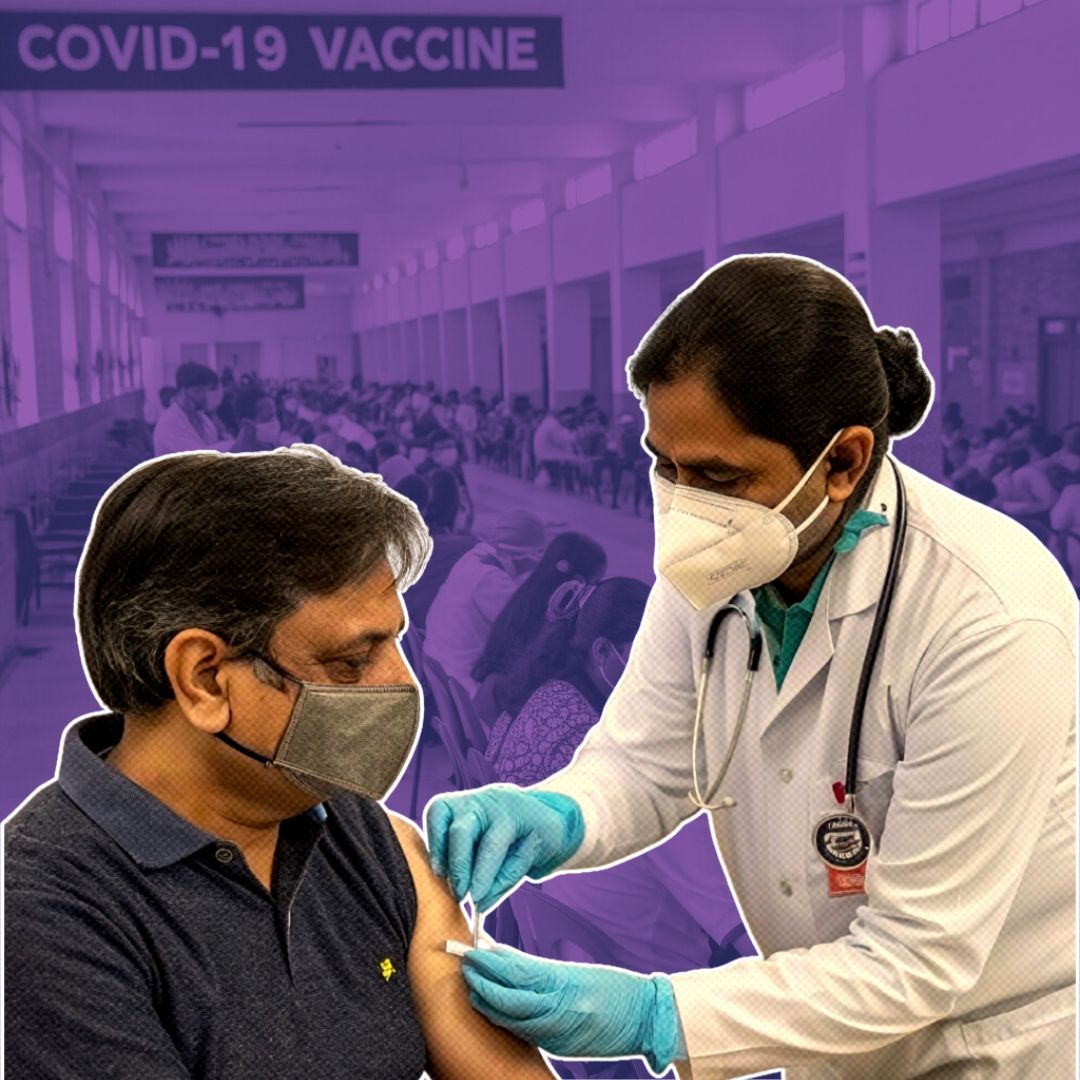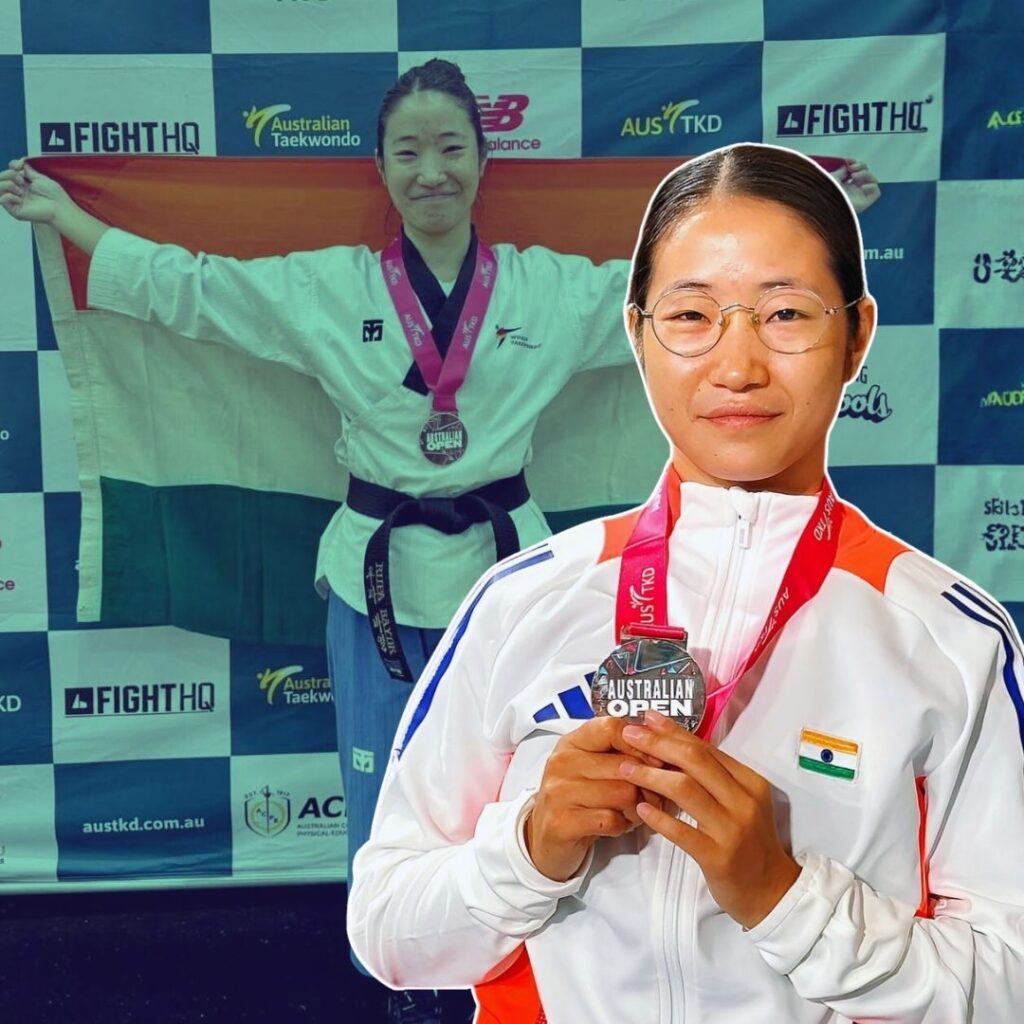A troubling rise in sudden heart-related deaths 22 cases within 40 days, including several young adults in Hassan district, Karnataka, has sparked widespread concern after Chief Minister Siddaramaiah suggested a possible link to the COVID-19 vaccine, citing its rapid approval and distribution.
The Union Health Ministry, supported by extensive research from ICMR, AIIMS, and NCDC, has firmly denied any connection between the vaccines and these deaths.
In response, the Karnataka government has constituted a high-level expert committee to investigate the incidents, with a report expected within 10 days.
Surge in Sudden Cardiac Deaths Alarms Hassan Residents
The sudden deaths in Hassan have sent shockwaves through the community, especially as many victims were young and apparently healthy. Among the 22 reported cases, nine were under 30 years old, including a 19-year-old student and a 25-year-old government employee. Most died unexpectedly at home or in public places without prior symptoms, raising fears and anxiety among residents.
Hospitals such as the Jayadeva Institute of Cardiovascular Sciences have reported an 8% increase in outpatient visits from Hassan in recent weeks, as people seek preventive check-ups and reassurance.
Local health officials, including Deputy Commissioner R. Girish and District Health Officer Dr. Srinivas, have assured the public that all deaths are being thoroughly investigated. Postmortems and detailed medical histories, including vaccination records, are being collected to identify any common factors.
To address growing concerns, the district administration has launched awareness campaigns urging people to recognise early warning signs of cardiac distress such as chest pain, breathlessness, or palpitations and to seek prompt medical attention. These efforts aim to reduce preventable deaths and alleviate public anxiety.
Expert Panel Formed Amidst National Reassurances
Chief Minister Siddaramaiah’s remarks, which referenced international studies and raised concerns about the “hasty approval and distribution” of COVID-19 vaccines, have intensified public debate. While he stopped short of directly blaming vaccines, his comments have fuelled speculation and concern.
In response, the Karnataka government has formed a multidisciplinary expert panel led by Dr. C.N. Manjunath, former director of Jayadeva Institute, including specialists from NIMHANS, St. John’s Medical College, Manipal Hospitals, and ICMR-NCDIR.
The panel’s mandate is to conduct a comprehensive review of the deaths, examining clinical, epidemiological, and social factors, as well as vaccination status and possible post-COVID complications. The committee has been asked to submit its findings within 10 days to guide future public health measures.
The Union Health Ministry swiftly countered the Chief Minister’s concerns, citing a large-scale 2024 study involving 47 tertiary hospitals across India that found no increased risk of sudden cardiac death following COVID-19 vaccination. Officials emphasised that COVID-19 vaccines have saved millions of lives and remain safe, with serious side effects being extremely rare. They warned that unsubstantiated claims could undermine public confidence and fuel vaccine hesitancy.
Cardiologists and public health experts have pointed to other plausible causes for the spike in deaths, including genetic predispositions, lifestyle factors such as poor diet and lack of exercise, undiagnosed heart conditions, and lingering effects of COVID-19 infection. Political opposition parties have called for transparency and accountability, while some public figures caution against spreading misinformation that could jeopardise vaccination efforts.
The government has also highlighted ongoing initiatives like the Hridaya Jyothi and Gruha Arogya schemes, which focus on cardiovascular health monitoring, early diagnosis, and treatment accessibility across Karnataka.
The Logical Indian’s Perspective
The Hassan episode underscores the complex challenge of balancing public concern with scientific evidence in health crises. While it is imperative to investigate every sudden death thoroughly and address community fears with empathy and transparency, public discourse must be firmly rooted in credible research and expert consensus to prevent misinformation and panic.
This situation also draws attention to the rising burden of heart disease among young Indians a silent epidemic exacerbated by lifestyle changes, stress, and post-pandemic health challenges. It highlights the urgent need for preventive healthcare, regular medical check-ups, and public education on heart health.
As we await the expert committee’s report, The Logical Indian encourages readers to engage in constructive dialogue that respects both scientific integrity and genuine community concerns. How can we, as individuals and communities, foster trust in healthcare systems, promote accurate information, and support healthier lifestyles to prevent such tragedies in the future?











